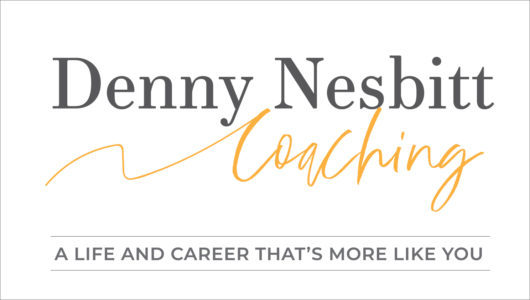I don’t want to start at the bottom again
“I’ve been doing this for twenty years now … I don’t enjoy it … but I don’t want to start at the bottom again”
“I’ve put too much work into this to give up now”
“I’m 44 years old, it’s too late to change careers.”
Sound familiar?
As someone who has changed career and helps others with their career change, I completely understand this mindset. Whether you like your career or not, you’ve put a lot of blood, sweat and tears into it. You know what you’re doing, and people respect you. It can be really hard to let go of that and start all over again.
But here are a few things to bear in mind
When will you retire?
So, you may have put twenty years into your career, but what about the next twenty years? In Australia the age at which we can access the Age Pension is increasing to 67. Do you really want to continue a career that makes you miserable for the rest of your working life?
Sunk cost fallacy
In economics a sunk cost is something we’ve incurred that can’t be recovered. The sunk cost fallacy is continuing with an endeavour we’ve invested money, time or effort in – even if the current costs outweigh the benefits.
A trivial example of this is continuing to watch a movie that we find boring because we’ve already spent 45 minutes of our life on it. A serious example is what you are probably doing with your career right now. Sticking with it, even if makes you unhappy, because you’ve invested so much time and effort into it.
If you continue with the movie, you’ve lost maybe two hours of your life, but think how much you lose if you continue with an unhappy career. An economist would say get out now, ignore what you’ve already spent, think of what you’ll save in future. I tend to agree.
Nobody can take away your skills
Of course, there’s a contradiction to this, which is that the time you invest in your career is never really a sunk cost. I was absolutely miserable in my marketing career but the skills I gained are invaluable to me in my business now. Whilst I wish I had got out of marketing sooner, the experiences made me the person, and the career coach, that I am today. And I wouldn’t change that.
What this comes down to is forgiving yourself for past mistakes, acknowledging the wonderful skills you have and moving forward so that the rest of your working life is brighter. It won’t be easy, but it’s not easy being unhappy at work either. You deserve to be happy, whether you’re 45, or 25.

